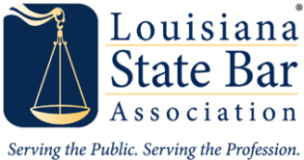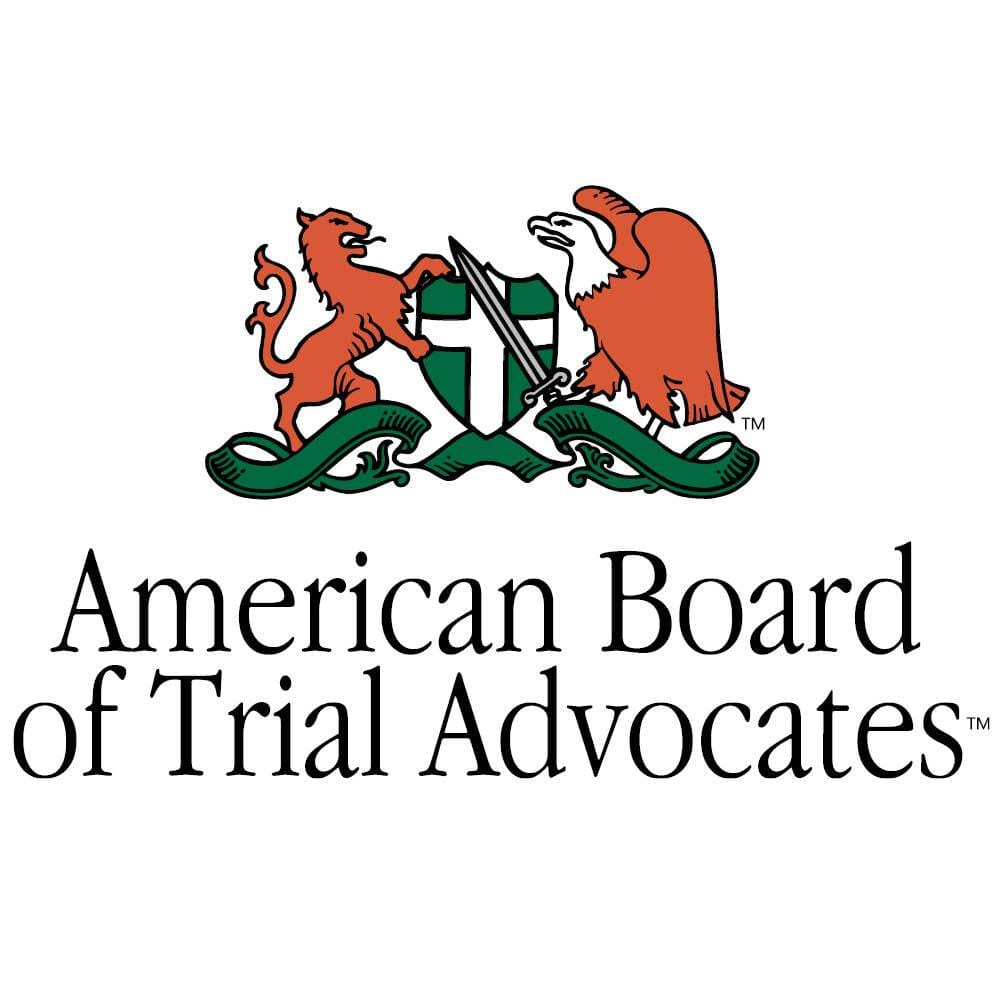Louisiana's Premier Offshore Accident Lawyers
Offshore Accidents
At The Glenn Armentor Law Corporation, we have deep roots in a community built on offshore drilling and the energy sector. We specialize in offshore accident cases, understanding the complexities involved. These cases go beyond personal injury, often involving powerful defendants and determined insurance companies. Time is of the essence, as they will try to shift blame and offer inadequate settlements.
Our experience in litigating against energy companies and insurers can make a significant difference in your settlement outcome and timeline. Your rights must be protected, so contact us immediately for a free case evaluation.
FAQ's
When it comes to offshore accidents, The Glenn Armentor Law Corporation is unparalleled in hands-on experience. We understand the complexities of these cases, and the opposing parties will do everything to avoid taking responsibility or providing fair compensation. Check out of list of frequently asked questions when it comes to offshore accidents.
Avoid discussing the details of the accident with anyone other than necessary parties, such as medical personnel and your attorney. Refrain from posting about the incident on social media, as it can be used against you in legal proceedings.
In Louisiana, the statute of limitations for most personal injury claims is one year from the date of the accident. It’s crucial to consult with an attorney promptly to ensure your claim is filed within the legal timeframe.
Obtain the following documents for yourself or your attorney:
- Copies of all medical reports and bills.
- Copies of your wage records and income tax returns.
- Copies of any accident reports or statements given by you.
Get A Free Case Evaluation
Let our personal injury lawyers help you get the compensation you deserve for your offshore accident.
Contact us today for a free case evaluation from one of our experienced attorneys.












